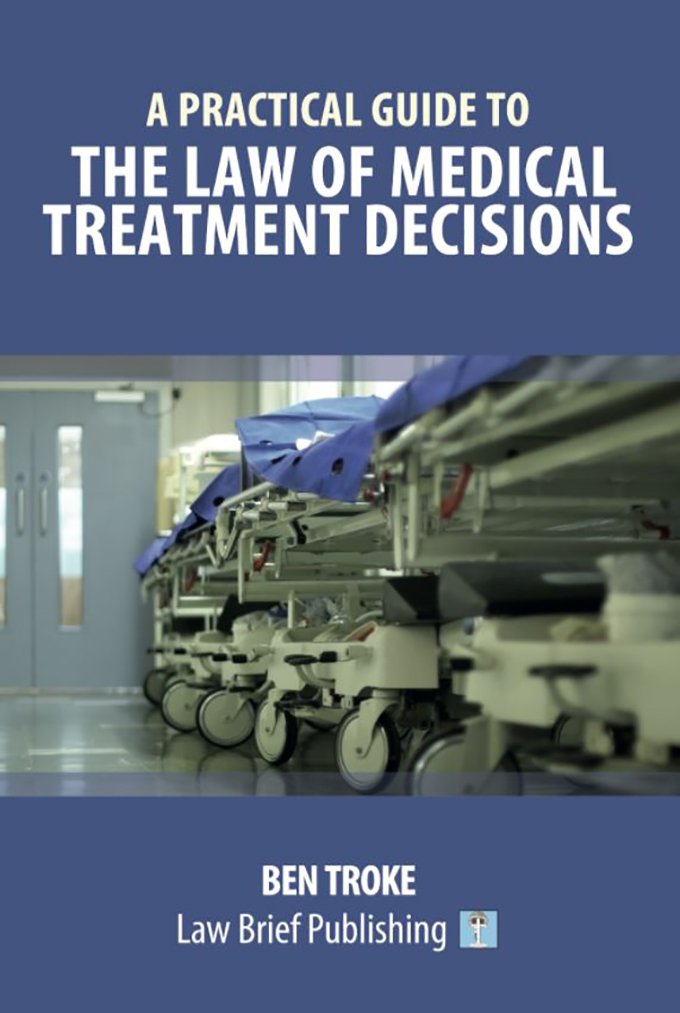Ben Troke is a solicitor and a mediator with 20 years’ experience working in health and social care, acting for the NHS and private sector providers all over the country. His particular interest is in decisions about medical treatment and he regularly deals with urgent applications to court in emergency situations. Ben currently sits on the Law and Ethics Policy Unit of the Faculty of Intensive Care Medicine and has a decade of experience of sitting on the ethics of clinical practice committee of a large acute NHS Trust. Ben is a partner in the healthcare team at Hill Dickinson solicitors.
The murky area where medicine, law and ethics rub together has always fascinated me. The more we can do, as medicine and science take great strides, the more questions arise about what we should do, and the greater the need to tread carefully.
Decisions about medical treatment can be about life and death, such as withdrawal of treatment or (not) providing CPR; or they can be about quality of life, liberty and independence, which can be just as important. However, the legal (and ethical) framework around these decisions is often misunderstood, leading to distress and disputes at the very worst of times, as we have seen in a few very high-profile cases, and there will have been untold others in private.
Should a patient always get what they want, or does “doctor know best”? When a patient cannot make a decision for themselves, who gets to decide, and how should these decisions be made? What is the role of so-called “next of kin”? (and did you know that there’s actually no such thing?). Can family insist on treatment when doctors think it futile? How are disputes in this context resolved and, better yet, how are they avoided? And how can we act now to control what happens to us in future, when we may not be able to decide for ourselves?
For our most life-changing decisions, I felt that there was a need for a practical guide to the law and how it really works, written to not only be accessible for lawyers, but also for clinicians, patients and anyone concerned about them, covering:
- Treatment options and resource allocation (including DNACPR, and what to do if healthcare demand outstrips resources, such as in a pandemic)
- Consent, autonomy, communication and how medics can minimise their chances of being sued
- Mental capacity and best interests decisions
- Dispute resolution, including when you need to go to court, and practical advice on preparing statements and giving evidence.
It has been my privilege to build a career in this field, supporting professionals dedicated to providing treatment and care. I have always been immensely proud to work alongside the NHS, and especially now when, more than ever, the NHS is stepping up to the plate to look after us all, and desperately difficult decisions may be needed.
The least we can try to do is be clear and open about the legal and ethical framework in which those decisions about medical treatment are made.
I hope that this book (all author’s proceeds of which are going to the Alzheimer’s Society) is helpful.
You can purchase a copy of ‘A Practical Guide to the Law of Medical Treatment Decisions’ by Ben Troke here.
